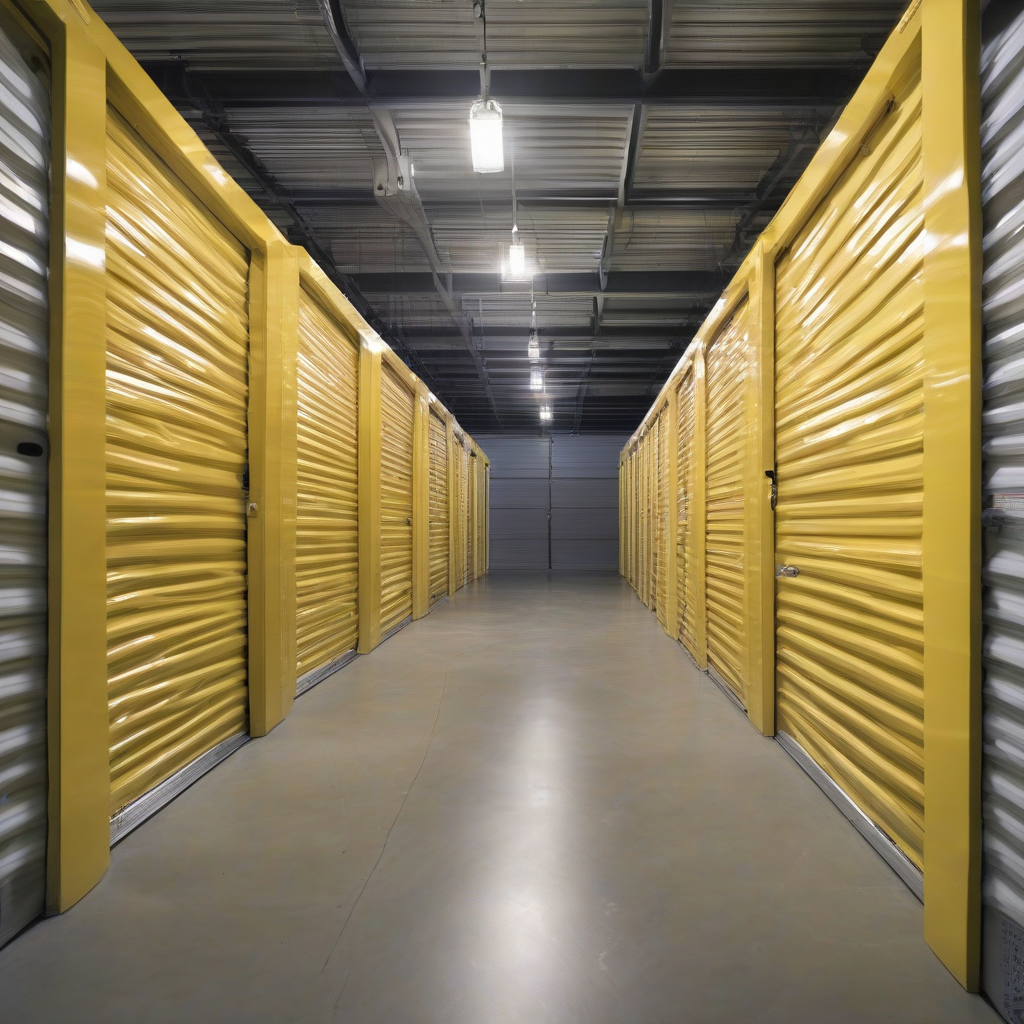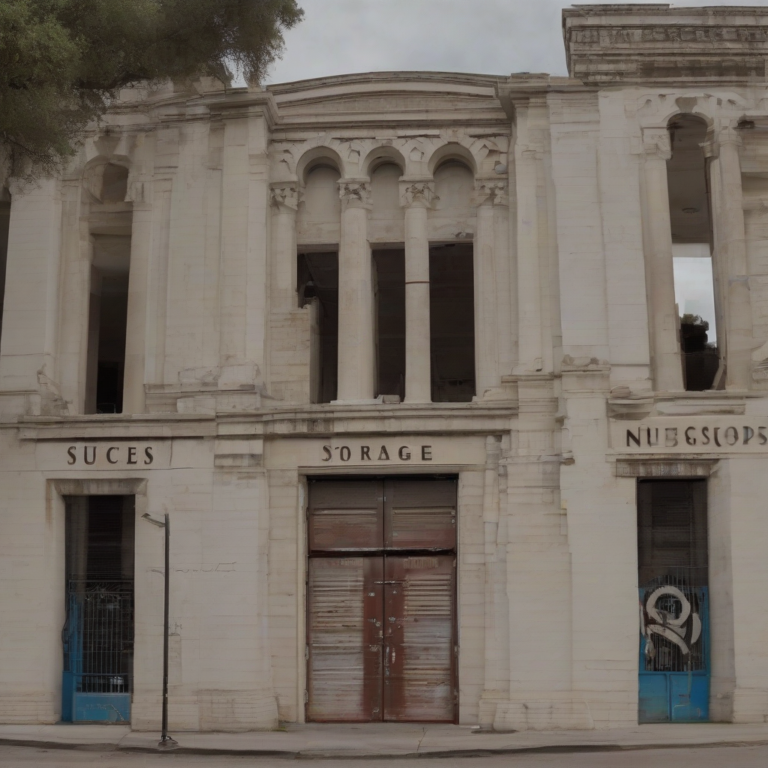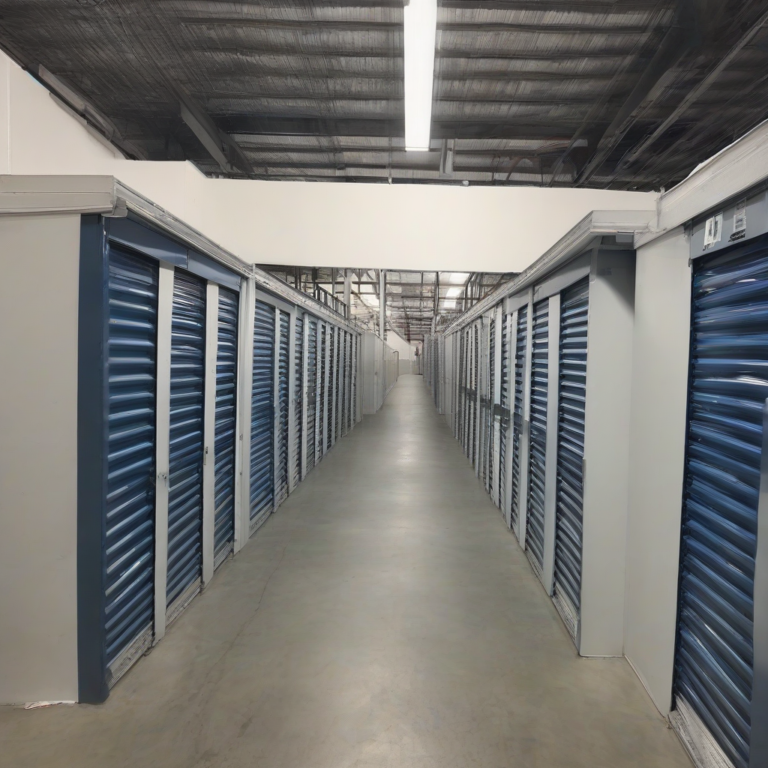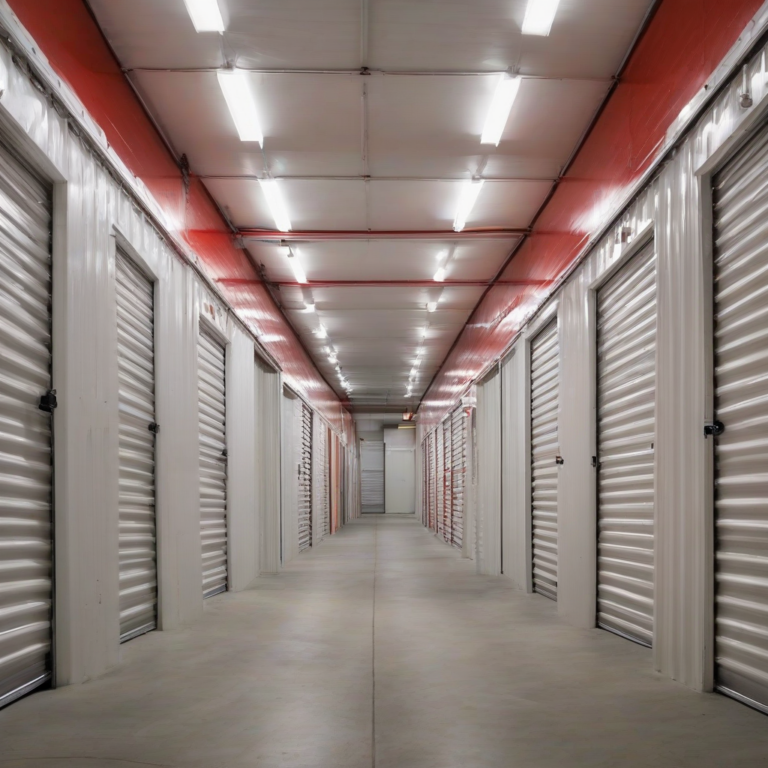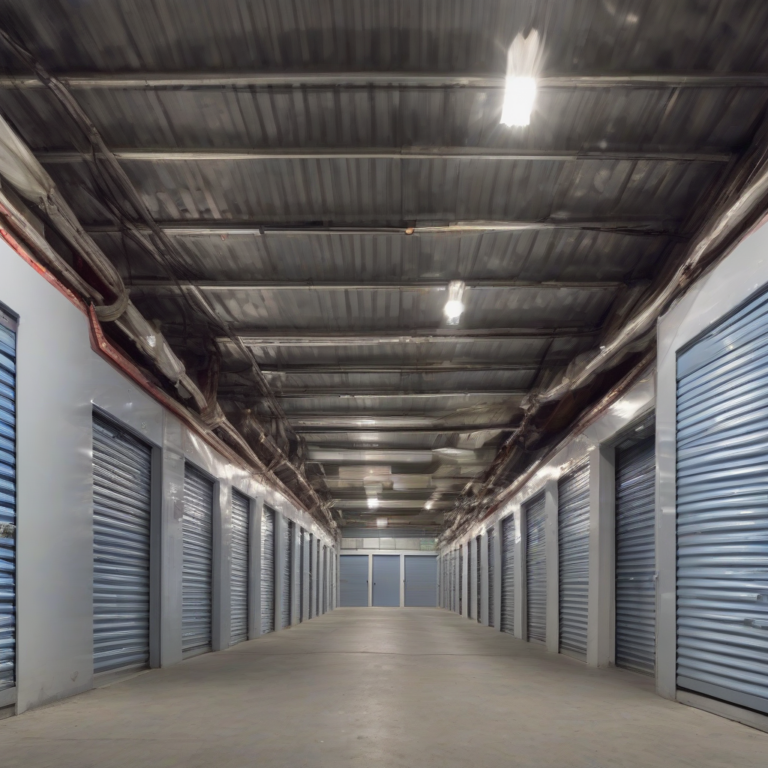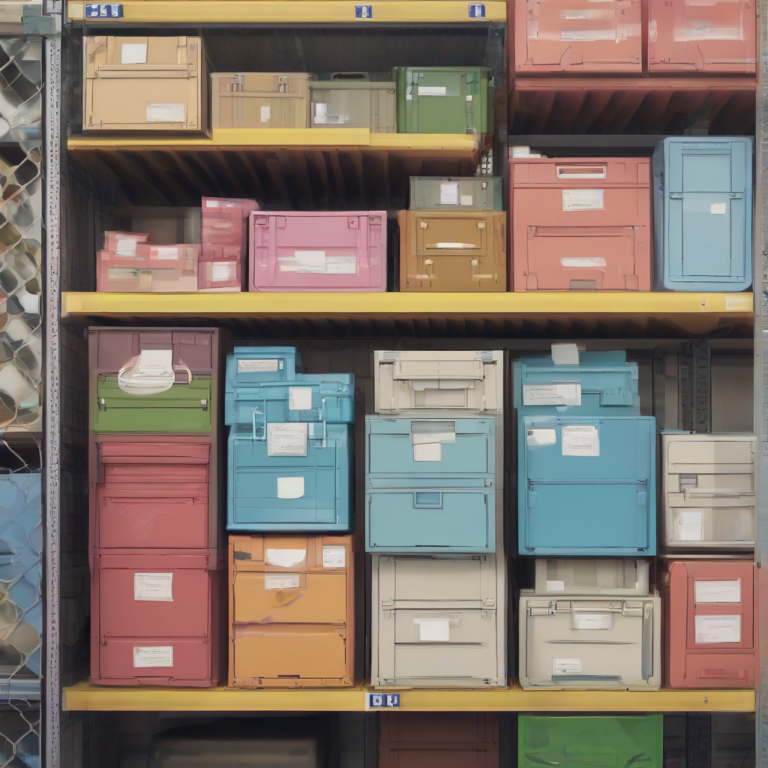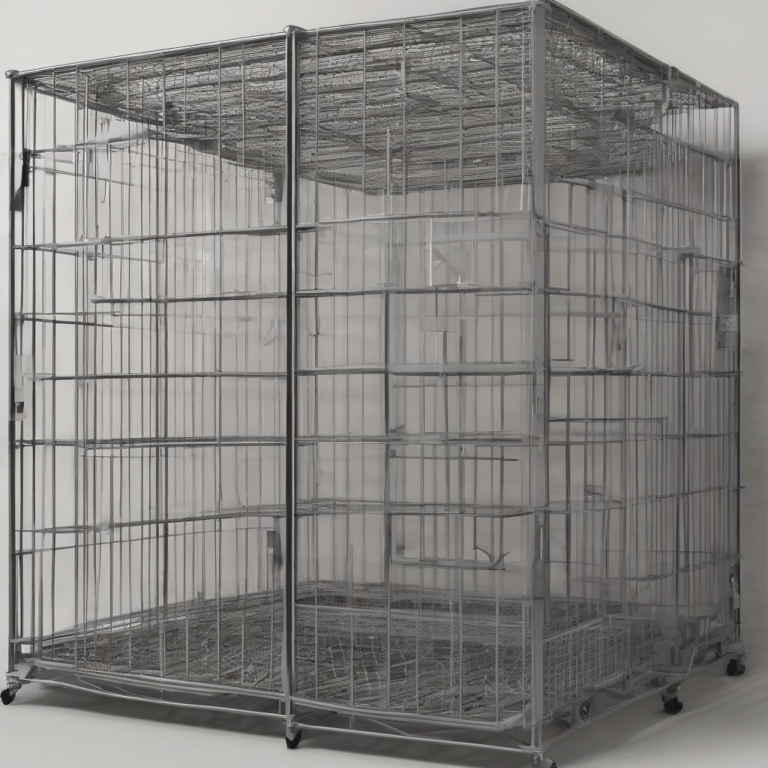Your Ultimate Guide to Finding the Perfect 24-Hour Storage Unit Near You
Your Ultimate Guide to Finding the Perfect 24-Hour Storage Unit Near You
Finding the right storage unit can be a daunting task. Whether you’re moving, decluttering, or simply need extra space, the availability of 24-hour access can be a game-changer. This comprehensive guide will walk you through everything you need to know to locate and secure the ideal 24-hour storage unit in your area.
Understanding Your Storage Needs
Before you begin your search, it’s crucial to assess your specific storage requirements. This involves considering several key factors:
- Size: How much space do you actually need? Do you need a small unit for a few boxes, or a large unit for furniture and appliances? Accurate measurement of your belongings is vital.
- Accessibility: While you’re looking for 24-hour access, consider the overall accessibility of the storage facility. Is it easy to get to, and is there ample space for maneuvering your vehicle?
- Security: Security is paramount. Look for facilities with features like video surveillance, gated access, and well-lit areas. Inquire about insurance options as well.
- Climate Control: Do you need a climate-controlled unit to protect sensitive items from extreme temperatures and humidity? This adds to the cost but can be essential for certain belongings.
- Duration: How long do you anticipate needing the storage unit? This will influence the overall cost and potentially the type of unit you choose.
- Budget: Establish a realistic budget before you start your search. Prices vary significantly based on location, size, and amenities.
Finding 24-Hour Storage Units Near You
With your needs defined, it’s time to start your search. Here are the most effective methods:
- Online Search Engines: Utilize search engines like Google, Bing, or DuckDuckGo. Use specific keywords like “24-hour storage units near me,” “self-storage 24/7 access,” or combine it with your city or zip code.
- Storage Unit Aggregator Websites: Websites like SpareFoot, StorageCafe, and others aggregate listings from multiple storage facilities, allowing you to compare options side-by-side.
- Local Directories: Check online and print directories for local businesses. These often list storage facilities in your immediate vicinity.
- Word-of-Mouth: Ask friends, family, neighbors, and colleagues if they have any recommendations for reputable storage facilities in your area.
- Drive Around: If you have the time, consider driving around your neighborhood and looking for storage facility signs. This allows you to visually assess the location and its condition.
Factors to Consider When Choosing a Facility
Once you’ve identified potential options, carefully evaluate each facility based on the following factors:
- Reputation: Read online reviews and check the facility’s ratings on platforms like Google, Yelp, or the Better Business Bureau. Look for consistent positive feedback regarding cleanliness, security, and customer service.
- Location and Accessibility: Assess the facility’s proximity to your home or workplace. Consider factors like traffic, ease of access, and available parking.
- Security Features: Pay close attention to security measures like surveillance cameras, perimeter fencing, gated access, and on-site management.
- Unit Sizes and Types: Ensure the facility offers units that meet your size and climate control needs. Inquire about the availability of different unit sizes and types.
- Pricing and Contract Terms: Carefully review the pricing structure, including any additional fees or charges. Understand the terms of the rental agreement, including the length of the contract and cancellation policies.
- Insurance Options: Find out if the storage facility offers insurance options to protect your belongings against damage or loss. If not, you may need to obtain your own insurance coverage.
- Customer Service: Contact the facility directly to assess their customer service responsiveness and helpfulness. A positive experience during the initial contact is a good indicator of future service quality.
- Cleanliness and Condition: If possible, visit the facility in person to assess the overall cleanliness and condition of the units and common areas. A well-maintained facility suggests a commitment to customer satisfaction.
Avoiding Common Pitfalls
To avoid potential problems, keep these points in mind:
- Don’t Rush the Decision: Take your time to compare different options and thoroughly research each facility before committing to a rental agreement.
- Read the Fine Print: Carefully review all contract terms and conditions before signing any agreements. Understand the payment schedule, late fees, and cancellation policies.
- Verify Insurance Coverage: Ensure you have adequate insurance coverage to protect your belongings while they are in storage.
- Check Accessibility: Confirm that the facility is easily accessible at all times, particularly if you need 24/7 access.
- Trust Your Gut: If something feels off or you have reservations about a particular facility, trust your instincts and consider other options.
Maximizing Your Storage Space
Once you’ve secured your unit, efficient packing and organization are key to maximizing your space:
- Declutter Before Storing: Only store items you truly need and use regularly. Discard unwanted or unnecessary items to reduce your storage needs.
- Use Appropriate Packing Materials: Invest in sturdy boxes, packing tape, bubble wrap, and other protective materials to safeguard your belongings during storage.
- Organize Your Belongings: Label and categorize your boxes clearly to easily locate items when needed. Use vertical space effectively by stacking boxes strategically.
- Protect Sensitive Items: Wrap fragile items carefully and consider using climate control for items susceptible to temperature or humidity changes.
- Maintain Inventory: Keep a detailed inventory of your stored items, including descriptions and photos, in case of loss or damage claims.
Securing Your Belongings
Protecting your stored items is vital. Consider these steps:
- Use Sturdy Locks: Use high-quality locks to secure your unit and deter potential theft.
- Choose a Reputable Facility: Select a facility with robust security features like surveillance cameras, gated access, and on-site management.
- Insurance: Obtain adequate insurance to cover your belongings in case of loss, damage, or theft.
- Regular Check-ins: Periodically check on your stored items to ensure everything is in order.
- Report Any Issues: Immediately report any suspicious activity or damage to the storage facility management.
Long-Term Storage Considerations
If you plan on using the storage unit long-term, additional steps are needed:
- Regular Inspections: Conduct regular inspections of your stored items to check for any signs of damage or pest infestation.
- Pest Control: Take preventative measures to protect your belongings from pests, such as using mothballs or other pest repellents.
- Climate Control: If storing sensitive items, maintaining climate-controlled storage is crucial for long-term preservation.
- Contract Renewal: Be aware of your contract renewal dates and ensure you understand the terms of renewal.
- Regular Communication: Maintain regular communication with the storage facility management to address any concerns or issues.
